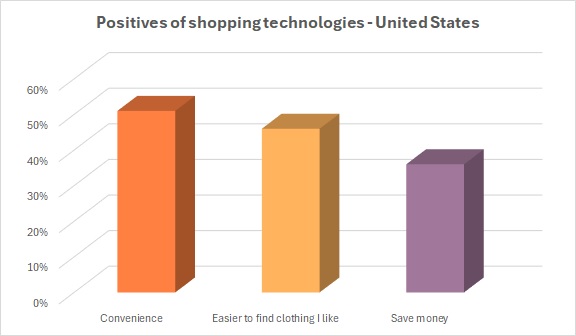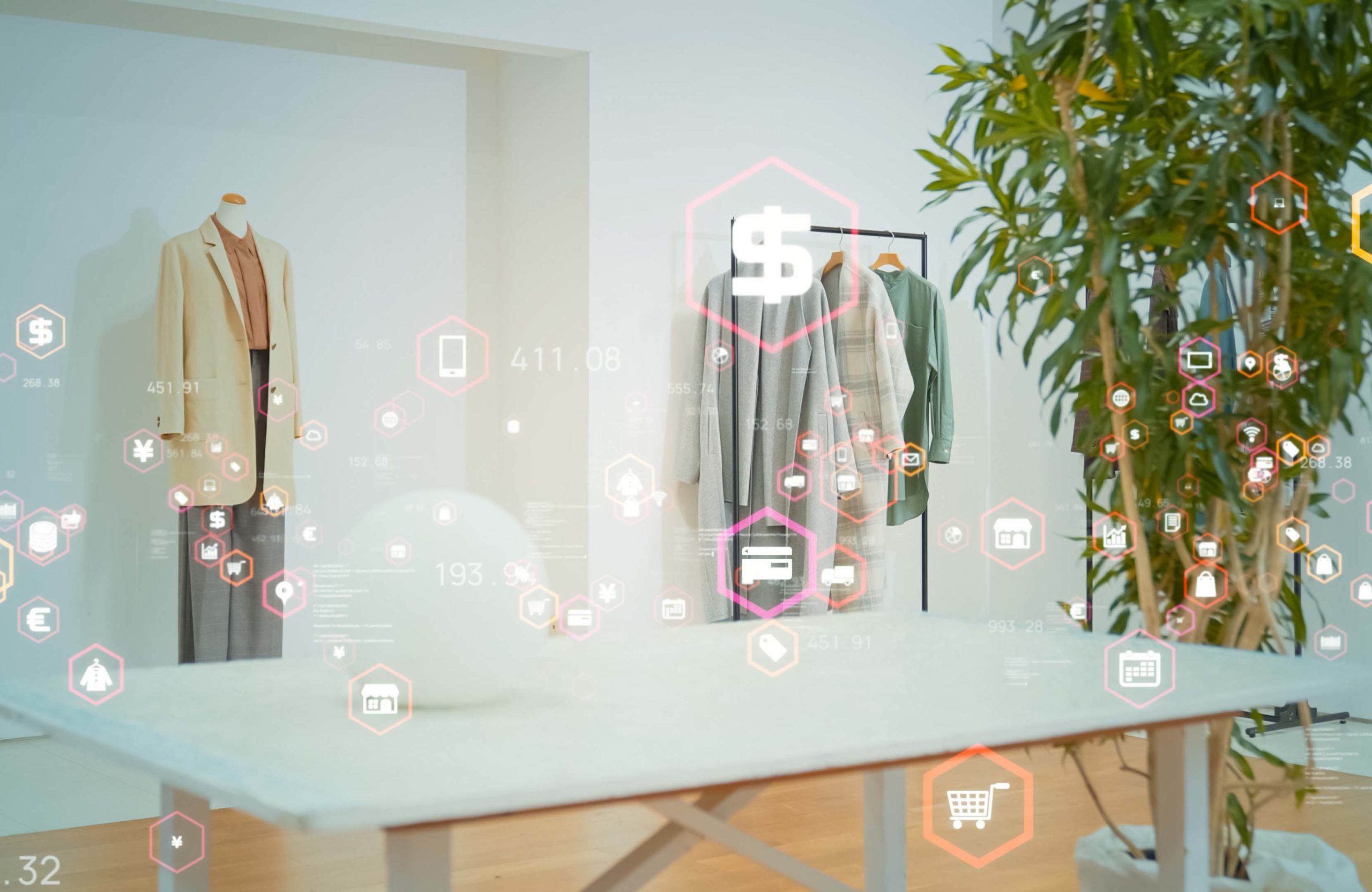For years, retailers have had the ability to collect data from customers with the idea that they would use it to offer consumers more personalized products and experiences. But too often, there was so much data collected retailers didn’t know what to do with it. Slogging through it became a project to be avoided, like cleaning out the garage. But tech companies say artificial intelligence (AI) has the ability to analyze data quickly, freeing up retail time, bringing change to stores faster than ever before all while putting more of an emphasis on sustainability.
It’s a balancing act and AI is starting to help us make that balancing act a bit better. And it’s not just about margin, it’s sustainability. Clothing in the landfill from overproduction is not great news for anyone at all.
Antony Wildey, Vice President of Retail Consulting, Oracle
Oracle’s Antony Wildey, vice president of retail consulting, explained how AI newness can bring more efficiency and sustainability to fashion retailers and brands in an interview with the Lifestyle Monitor™ at January’s National Retail Federation (NRF) Big Show 2024 in New York.
“AI has helped retailers become more efficient and carry less inventory, because it costs money,” Wildey said. “They’ve got to be more accurate about what they do buy and where they put it to still give a great customer experience. It’s a balancing act and AI is starting to help us make that balancing act a bit better. And it’s not just about margin, it’s sustainability. Clothing in the landfill from overproduction is not great news for anyone at all.”
Consumers appreciate brands and retailers that not only make the effort to be eco-conscious, but also understand the types of products they want. For example, nearly 6 in 10 consumers (57 percent) say they are likely to look for apparel that is made by a brand/company known for being environmentally friendly or sustainable, according to Cotton Incorporated’s 2023 Global Sustainability Survey.
At the same time, consumers also appreciate technology’s role in their shopping experience. More than half of all apparel shoppers (51 percent), say retail technologies add to their convenience, 46 percent say it makes it easier to find clothing they like and 36 percent say it helps them save money, according to Cotton Incorporated’s 2023 Digital Innovations and Willingness to Pay Survey.

Wildey explained how generative AI can perform fast and accurate summarizations of data. He pointed to product reviews and explained how generative AI can turn them into a benefit for brands and retailers. For example, Wildey said, on an item like a jacket, gen AI will quickly find words like “warm,” or “fit was as expected.” The data can be summarized even further, he said, to pick up more key attributes that the jacket has, such as “slim fit.” The more attributes a retailer has for an item, the better they can plan it and put into assortments. If an item has negative reviews, stores can decide if they should take a markdown earlier to try to clear it.
“Buying the right stuff in the right quantities becomes really important,” Wildey continued. “If you can order the right amount, put it in the right place, which is close to where you expect the customer to buy it, then you’re being more sustainable and more efficient. I think there were some leading brands before that were really focused on sustainability as part of their proposition. But now the mainstream is realizing that it’s the right thing to do from a business point of view as well as from an environmental stance.”
And being eco-conscious also resonates with consumers. Over half of consumers (53 percent) say they are likely to pay more for sustainable clothing, according to the 2023 Global Sustainability Survey.
But again, consumers care about the shopping experience, too. And IBM’s Nancy Greco, principal client engagement, global technology: distribution sector, explained in an interview with the Lifestyle Monitor™ at the NRF Show how gen AI can quickly handle customer service interactions, which can ultimately improve the customer experience.
“Let’s say a customer has a complaint,” Greco said. She explained how data sets are used to train a model to search for certain words and language. “Generative AI is immediately going to figure out what is wrong and will prompt the sales associate or chatbot to use words or phrases to calm the customer. Then it will propose a solution. Based on what the customer has said, we’ll offer something that matters – maybe money back, maybe a coupon, maybe something added to loyalties. Sentiment analysis allows the situation to be defused quickly and associates can move on to the next issue.”
IBM also sees gen AI as a tool that can help brick and mortar store associates stay informed about products in real time.
“You want to look good in front of a customer but it’s hard when they ask about something being in stock and you say, ‘I don’t know,’” Greco said. “Or they ask, ‘Do you have my size?” and you say, ‘I don’t know.’ Imagine if you could enable your generative AI to immediately assess, ‘No, we don’t have it in stock but it’s in a store nearby and we can get it to you by Tuesday. Or we can set it aside at that location for you to pick up today. Do you want it?’”
Consumers would likely embrace tech that would further ease their shopping journey. Already, 51 percent of consumers regard digital checkout as “appealing,” according to the 2023 Digital Innovations and Willingness to Pay Survey. Further, 43 percent of consumers say using an app on their smartphone while shopping in-store is appealing, and 40 percent of consumers say in-store virtual reality is appealing.
Greco added that with the emphasis on sustainability and new regulations coming from the European Union, generative AI’s visual analytics can be used in blockchain technology to check on all aspects of a garment’s supply chain – which will benefit brands, retailers, and consumers.
While generative AI is all about technology, Greco says it will leave room for the human element and expression, as well.
“I think we’re going to go through a transition of adoption,” Greco said. “But to me, gen AI will unleash a period of creativity we’ve never seen before in the human race.”
